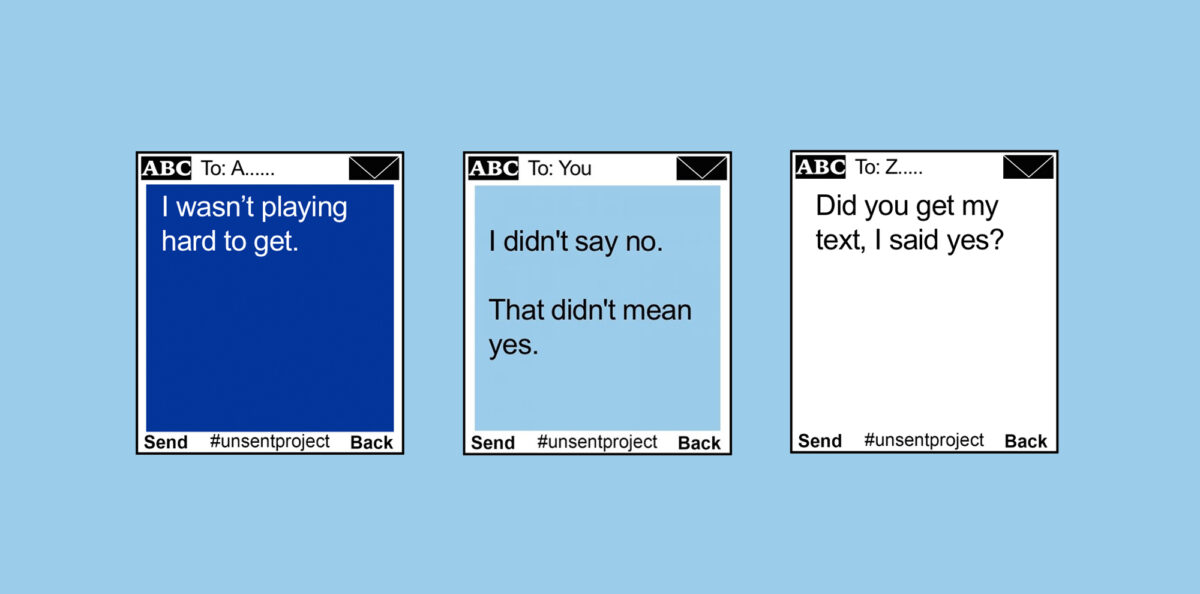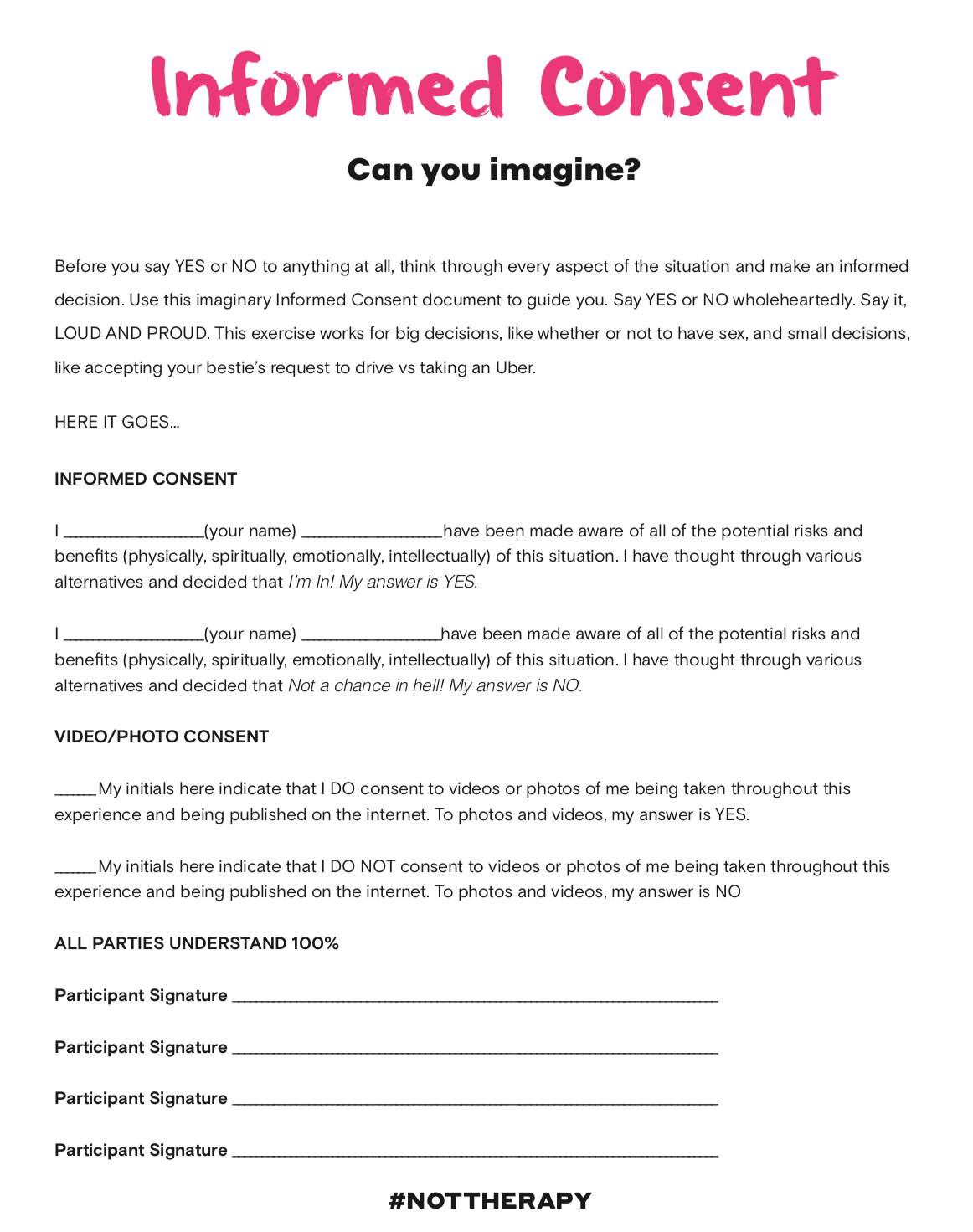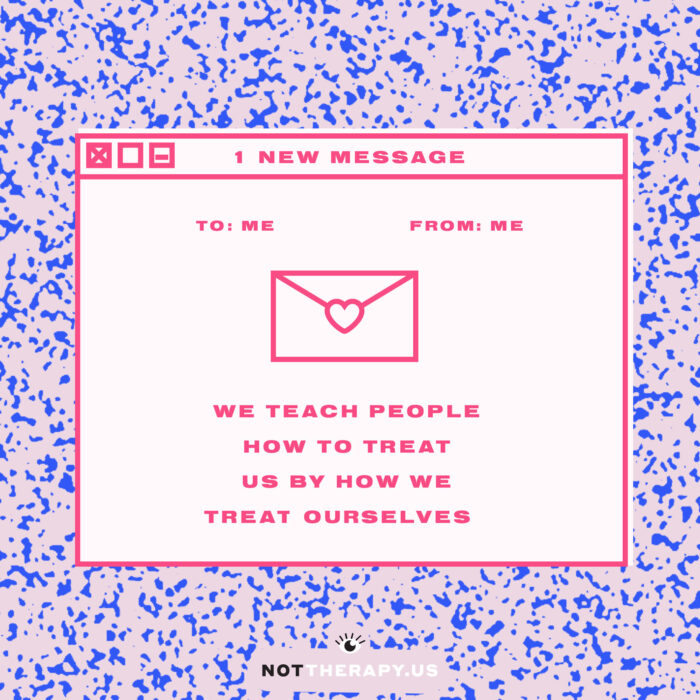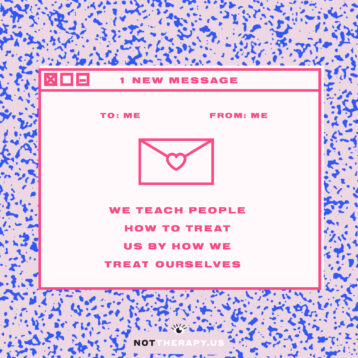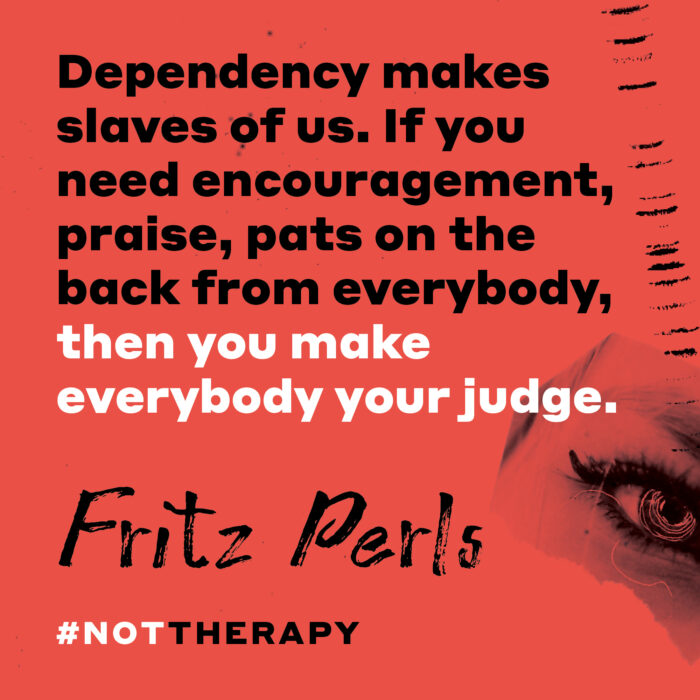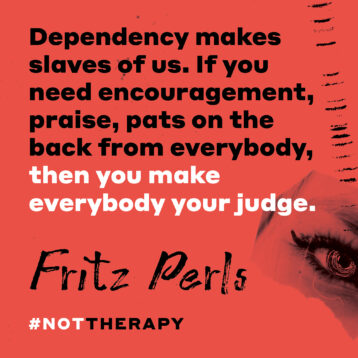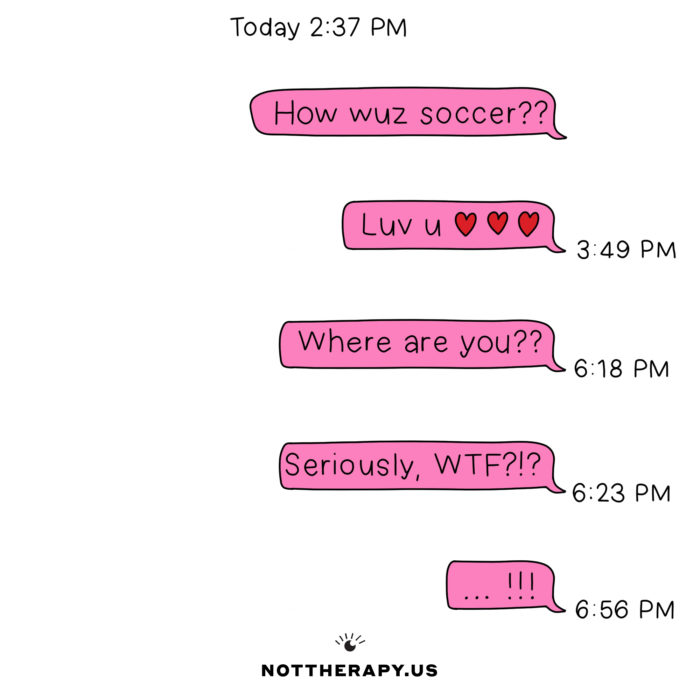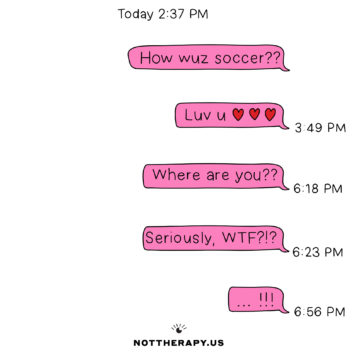Since the birth of the #MeToo Movement, sexual consent has begun to receive it’s due attention.
In a conversation I recently had with Sari Rosenberg—a super-cool history teacher, media consultant and founder of Feminist Eagles (this really cool WOKE club for high schoolers based in NYC)— we agreed on the absolute importance of exploring the issue of consent with girls.
Not just in sexual relationships, but in all aspects of our lives.
Since the beginning of time, people have made assumptions on behalf of girls and women and decisions are made for us all the time.
Because we’re socialized to be seen and not heard, we often go with the flow for fear of rocking the boat or creating unnecessary conflict—especially when whatever it is doesn’t matter to us very much.
The problem with that is if we don’t assert ourselves and overtly say YES or NO in the situations that don’t matter, we don’t get the practice we need to say YES or NO when it does matter. Even more, it reinforces the behavior of those around us who are making assumptions—see how this is becoming a negative cycle? Because of the way people have been socialized to perceive us, they often think they’re doing something for us, rather than to us when they speak on our behalf. And, that’s just annoying. (Not to mention, unhelpful.)
Let me tell you about my experience with consent to give more context and an idea of what consent can look like in whatever situation you find yourself in.
Whether it’s sexual or not, consent is critical.
#TheFacts
As a psychologist, we have a number of ethical guidelines that inform the way we work, what our therapeutic relationships look like, the practices we use, the records we keep, even what we share on a website like this. Our ethical guidelines are the equivalent of the Ten Commandments for Christians or the 12 Steps for alcoholics in recovery. They provide a solid framework for us to respect ourselves, our work and our clients in the best way possible.
One of our guidelines states that informed consent for treatment is an integral part of the process.
In all honesty, it can seem like overkill sometimes.
If someone calls the office, makes an appointment and shows up for their scheduled time, you’d think one could assume they’re “consenting” to treatment.
I mean, it’s not like the clinician’s meeting up with randoms at the mall, or at a party, where things aren’t so black and white and are more of a super-murky grey.
Still, nothing is to be assumed, ever.
The guidelines state that the clinician must spell it all out—get specific re: expectations, fees, responsibilities and a whole bunch of other stuff. Then, the client has to sign on the dotted line, saying I have been informed and I do consent to being here and doing this thing with you.
#InOtherWords
You can start thinking of consent the way we, clinicians, do.
It’s not just about granting permission by scheduling a time to meet, showing up for that scheduled time and allowing someone to assume things.
It’s about spelling it all out, weighing the pros and the cons, the potential risks and benefits and the costs associated, so that both parties know exactly what they’re getting into.
Then, both parties say, YES or NO by signing or not signing on the dotted line before moving forward with any damn thing.
#TheFeels
Asserting ourselves, our wants and needs, giving a definitive YES or NO, can feel super-uncomfortable.
I’m thinking of you in those situations. Yeah, it’s been a while for me, but those situations stay with us. I remember well. It’s not easy to say, “Whoa, I didn’t sign on the dotted line for this!” Like, “I have NOT been informed and I do NOT consent to being here and doing this thing with you.”
In that moment, I get it, you can feel like the biggest buzzkill ever. And, it can be scary, worrying about the other’s reaction. I know.
From my current vantage point, I worry more about your discomfort long-term.
I’m worried about your reactions. I’m pissed that the person you’re with is a HUGE disappointment to you for having made assumptions about you and decisions for you for his/her own benefit.
Let’s make a pact. You and me. That you’ll say YES when you’re up for it—whatever it is, sex, Chinese takeout, a trip to the park—and that you’ll say NO, when you’re not.
In this world, I can’t promise that people will listen to you. I can’t promise that they won’t dismiss your verbal contract. From experience I can tell you, though, that you not dismissing you, that you listening to you and speaking up does go a long way.
And look, if you’ve vocalized your desire (or lack thereof), and you’re not being heard, there’s a bigger problem at play. Gather your stuff, get out and don’t look back. A healthy relationship is built on mutual respect and if the person you’re hanging with is not listening to you, respect yourself and get the hell outta there. You can do better.
*Note: If the situation feels unsafe, call or live chat with RAINN, the national sexual assault hotline that has literally helped almost 3 million people over the past 25 years. They can help you, too, no questions asked.
#DoThisThing with me this week. Let’s practice together.
Art by Rora Blue.
